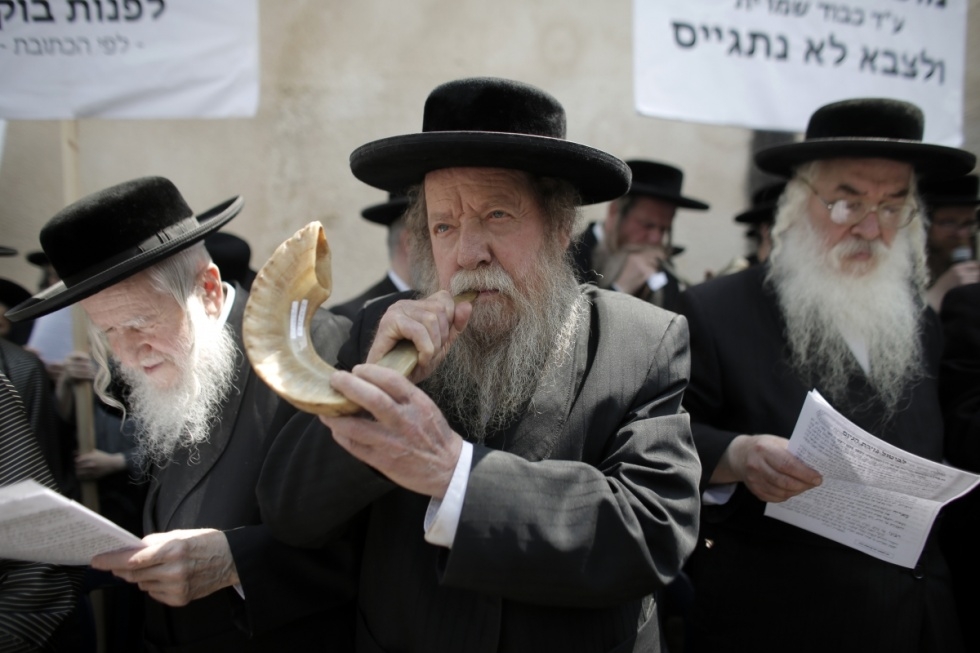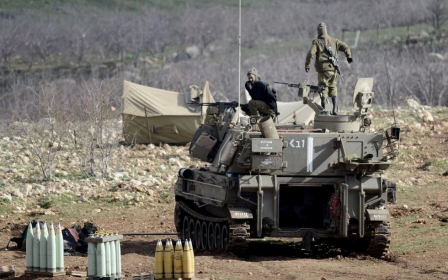Israel arrests ultra-Orthodox Jews in 'illegal' rallies against military service

Israeli police on Monday clashed with and arrested more than 40 ultra-Orthodox Jews protesting against the country's compulsory military service, a spokesperson said.
The biggest demonstration took place in the southern coastal city of Ashdod, where several hundred ultra-Orthodox men protested "illegally", blocking off roads, Luba Samri told AFP.
Police arrested 40 at that rally after clashes broke out between demonstrators and police, injuring one officer.
In Tel Aviv and Jerusalem, several others were detained for "disturbing public order" after protesting against the arrest of draft-dodging ultra-Orthodox men.
Israel last year passed a law, effective from 2017, which will force ultra-Orthodox Jewish men to either serve in the military or perform civilian service.
In 2013, the cabinet agreed to end a practice under which tens of thousands of ultra-Orthodox men were exempted from military service if they were in full-time study at a yeshiva (Jewish seminary).
In broader Israeli society, military service is compulsory for both sexes, with men serving three years and women two.
The new law sets out sanctions against draft dodgers, including imprisonment.
This has enraged the ultra-Orthodox leadership, who say it would be tantamount to jailing people for practising their faith.
Many Israelis see the new law as amending the historic injustice of an exemption handed to the ultra-Orthodox in 1948, when Israel was created. At that time they were a small segment of society.
Because of high birth rates, the community has swelled to make up roughly 10 percent of Israel's population of just over eight million, and continues to be the fastest-growing sector.
Many full-time yeshiva students live off government stipends, which are provided for several years after the age of 18.
Middle East Eye propose une couverture et une analyse indépendantes et incomparables du Moyen-Orient, de l’Afrique du Nord et d’autres régions du monde. Pour en savoir plus sur la reprise de ce contenu et les frais qui s’appliquent, veuillez remplir ce formulaire [en anglais]. Pour en savoir plus sur MEE, cliquez ici [en anglais].




